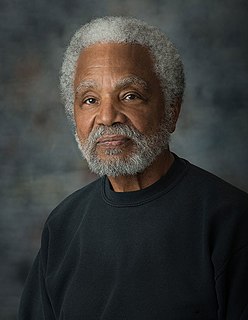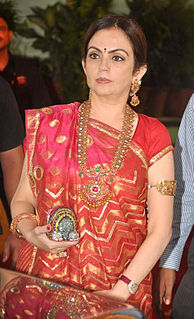A Quote by Ella Baker
I think you can find some rationales for that if we look at the background out of which he came. Martin [Luther King] had come out of a highly competitive, black, middle-class background.
Related Quotes
We [black people] don't respect our elders. Besides artists, we don't respect Frederick Douglass. We don't respect Martin Luther King. You look at every Martin Luther King Boulevard out here, and it's a crack block. That's not because of white people. That's because of black leadership. We just have that problem, and it's something that I am going to spend the rest of my life trying to conquer.
I think we need to insist on a certain responsibility, which people have - particularly those who have made it into the ranks of the middle class because as [ Martin Luther] King said many years ago in a sense they have climbed out of the masses on the shoulders of their sisters and brothers and therefore, they do have some responsibility.
Practically everyone I know now is from a middle- or upper-middle-class background, and I no longer have the huge chip on my shoulder that I carried around for so many years. I'm not sure it comes out much in the work, but coming from this kind of background is absolutely central to my identity, to my sense of who I am.
Martin Luther King really was a safety valve for white people. Any time it appeared that the black community was on the verge of really doing what we ought to do based on having been attacked, they put Martin Luther King on television. He was always saying, "We must use nonviolence. We must overcome hate with love." White people loved that. That's why they gave him a Nobel Prize. But when Martin Luther King started condemning the Vietnam War, that's when white people turned against him.
I think we did our first session in 1958. There were no black background singers - there were only white singers. They weren't even called background singers; they were just called singers. I don't know who gave us the name 'background singers,' but I think that came about when The Blossoms started doing background.




































